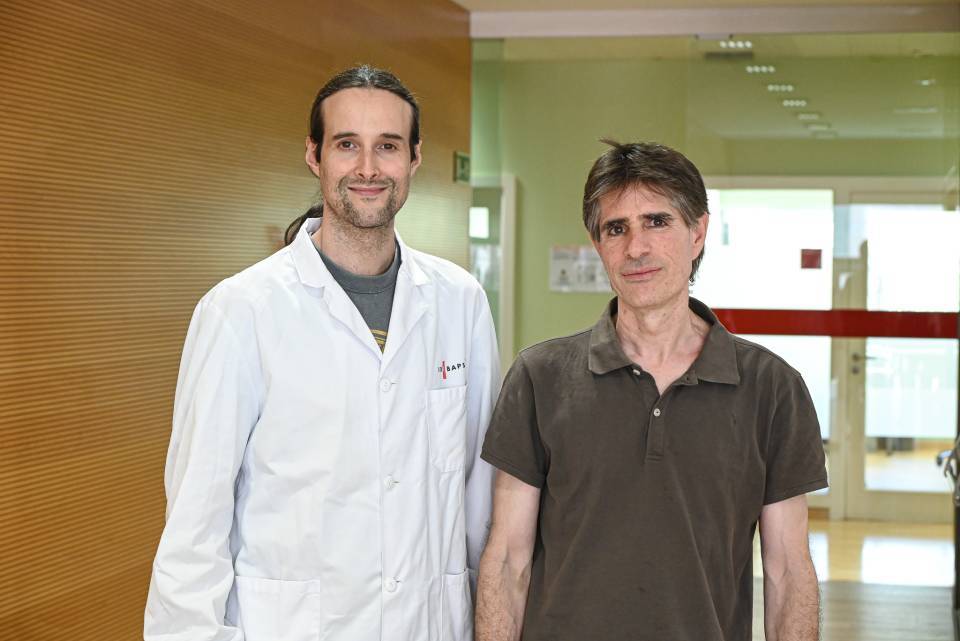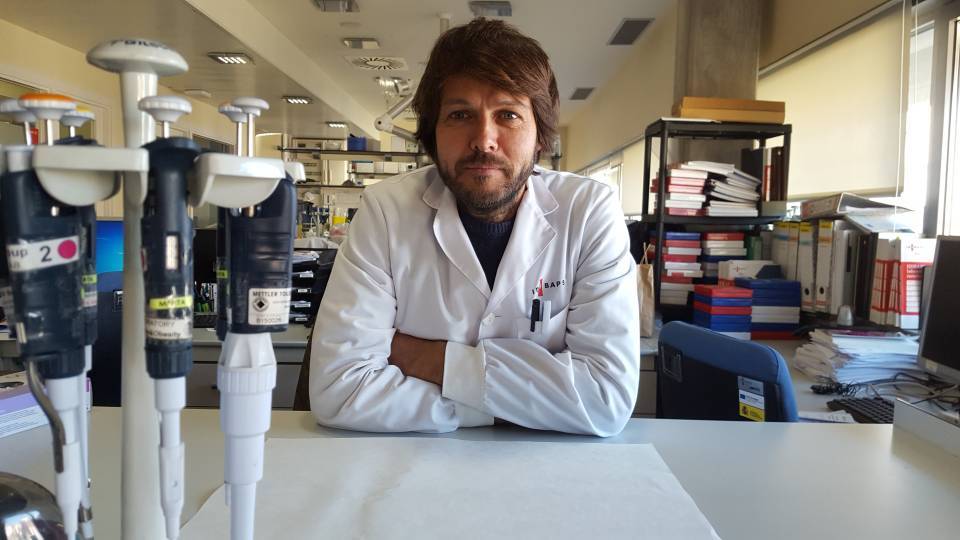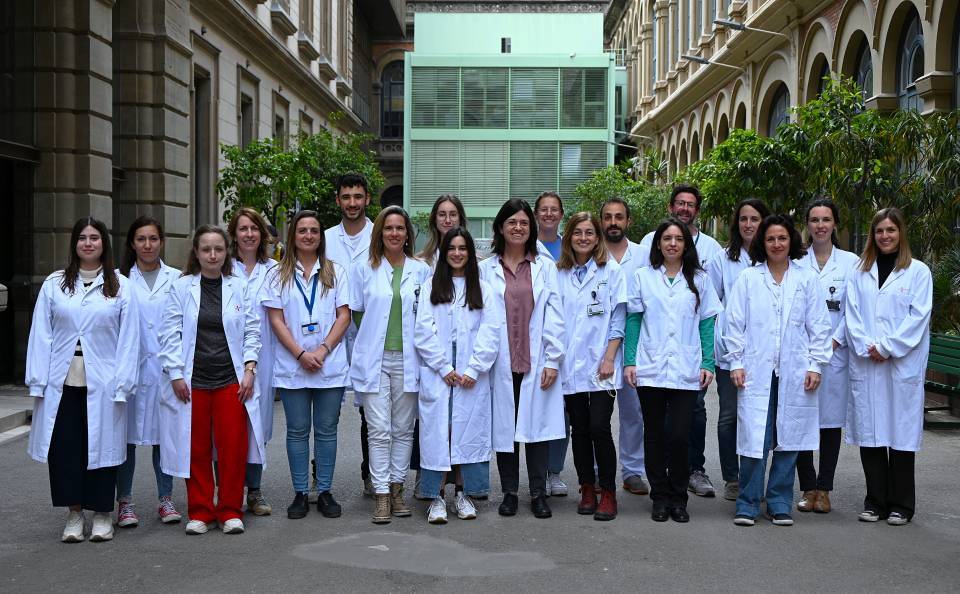The work, published in the journal Blood, has been coordinated by ICREA researcher Iñaki Martín-Subero, with Vicente Chapaprieta as first author, both from the Biomedical epigenomics research group and belonging to CIBERONC.
Chronic lymphocytic leukaemia is the most common form of leukaemia in the Western world. It is a highly heterogeneous disease, in which some patients experience rapid progression and require treatment, while others can live a disease that remains stable for decades without any need for clinical intervention. For this reason, personalized patient management is essential.
Epigenetics studies the mechanisms at the molecular level that regulate gene expression, allowing us to understand why some genes are expressed and others are not. In this study, the researchers extensively analysed the epigenetic changes that contribute to activating genes associated with leukaemia, relating it to the clinical course of the pathology. One of the main findings of the research was the observation that the epigenetic changes associated with the disease not only contribute to its progression, but are also involved in its indolent evolution.
Iñaki Martin-Subero highlights that: "It is commonly thought that the more aggressive a cancer is, the more molecular alterations it has, and if the cancer is not very aggressive it is because it lacks these alterations. Our study reveals that, at least in chronic lymphocytic leukaemia, the absence of progression in some patients is not a passive state, but rather is the result of active molecular mechanisms.”
The researchers also developed a new molecular predictor based on the balance between epigenetic changes associated with aggressiveness or clinical stability. Vicente Chapaprieta highlights: "When the former predominate over the latter, it is very likely that the disease will advance rapidly; on the other hand, if the opposite occurs, the leukaemia is expected to follow a stable course without requiring treatment in the short term."
This predictor was developed and widely validated using data from 650 patients in Spain, Germany, the United States and the United Kingdom, using different technologies. In addition, it was observed that a high level of the predictor, synonymous with a high probability of progression, is associated with certain molecular signalling pathways, which could open the door to the development of future targeted therapies based on inhibition.
Finally, the research team has underlined the generosity of the patients, whose consent to the donation of samples for research was essential for the conducting of this study and many other investigations within the framework of the Clínic-IDIBAPS lymphoid neoplasms programme.
Study Reference:
Vicente Chapaprieta, Alba Maiques-Diaz, Ferran Nadeu, Guillem Clot, Ramon Massoni-Badosa, Pablo Mozas, Judith Mateos-Jaimez, Anna Vidal, Stella Charalampopoulou, Martí Duran-Ferrer, Romina Royo, Núria Russiñol, Laura Llaó-Cid, Juan A. Piñeyroa, Neus Villamor, Holger Heyn, Sophie A. Herbst, Junyan Lu, Dean J. Bryant, Jonathan C. Strefford, Sascha Dietrich, Thorsten Zenz, Julio Delgado, Armando López-Guillermo, Elias Campo, Jose I. Martin-Subero; Dual biological role and clinical impact of de novo chromatin activation in chronic lymphocytic leukemia. Blood 2025; 145 (21): 2473–2487. doi: https://doi.org/10.1182/blood.2024025396




